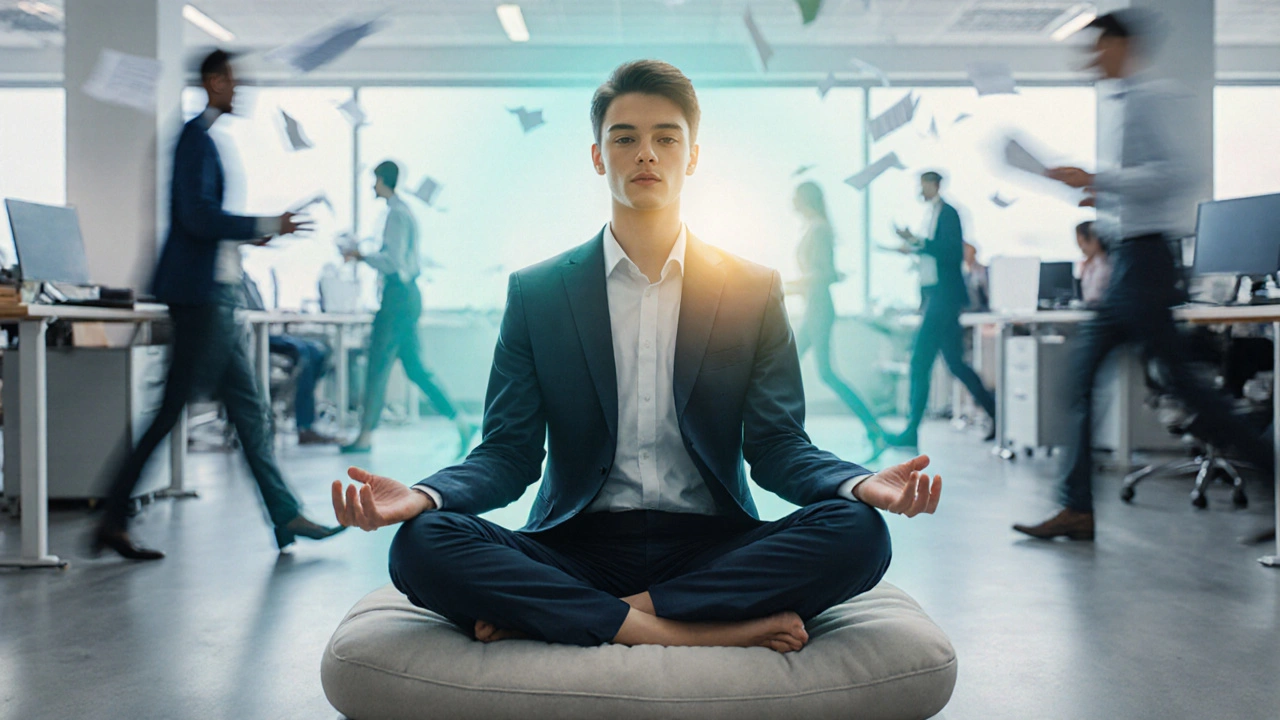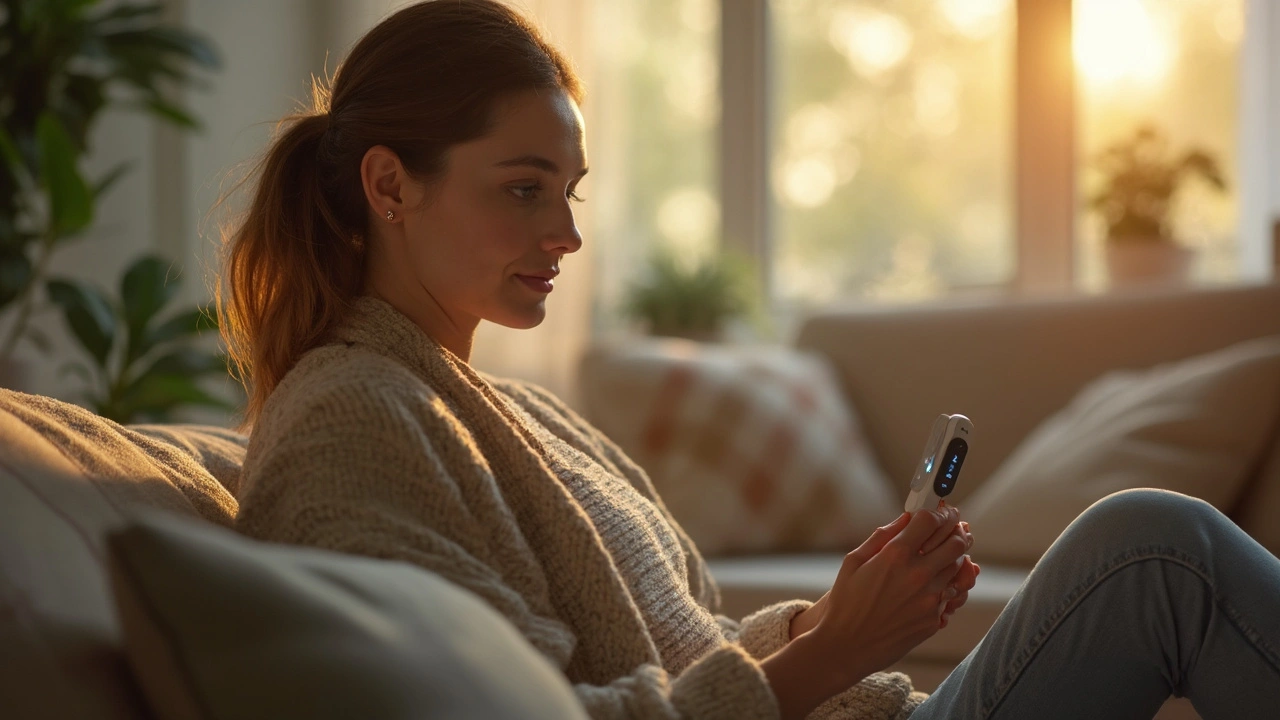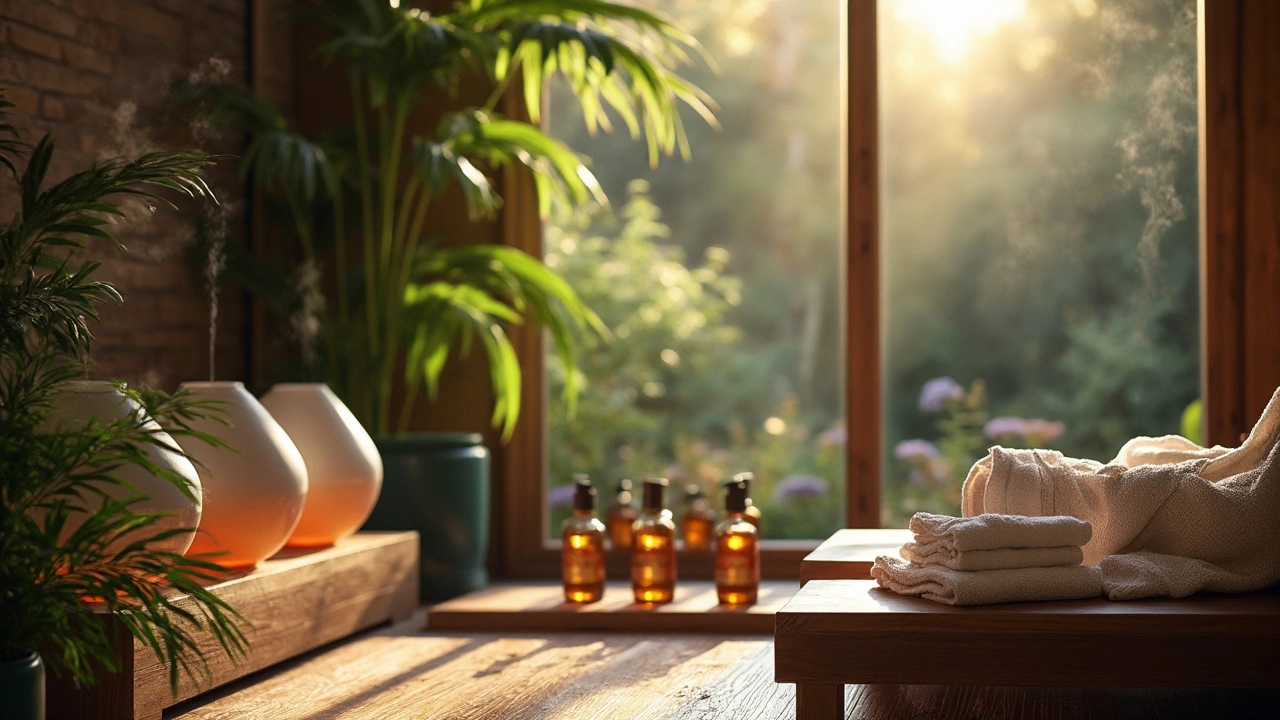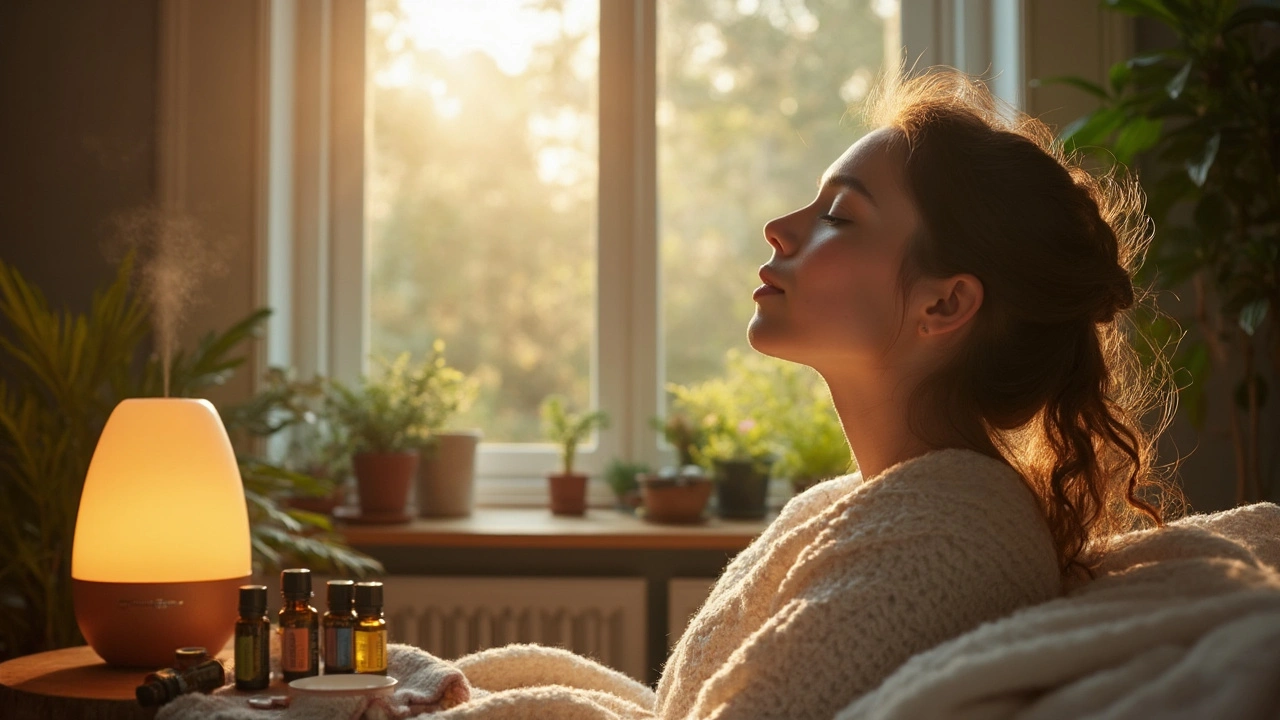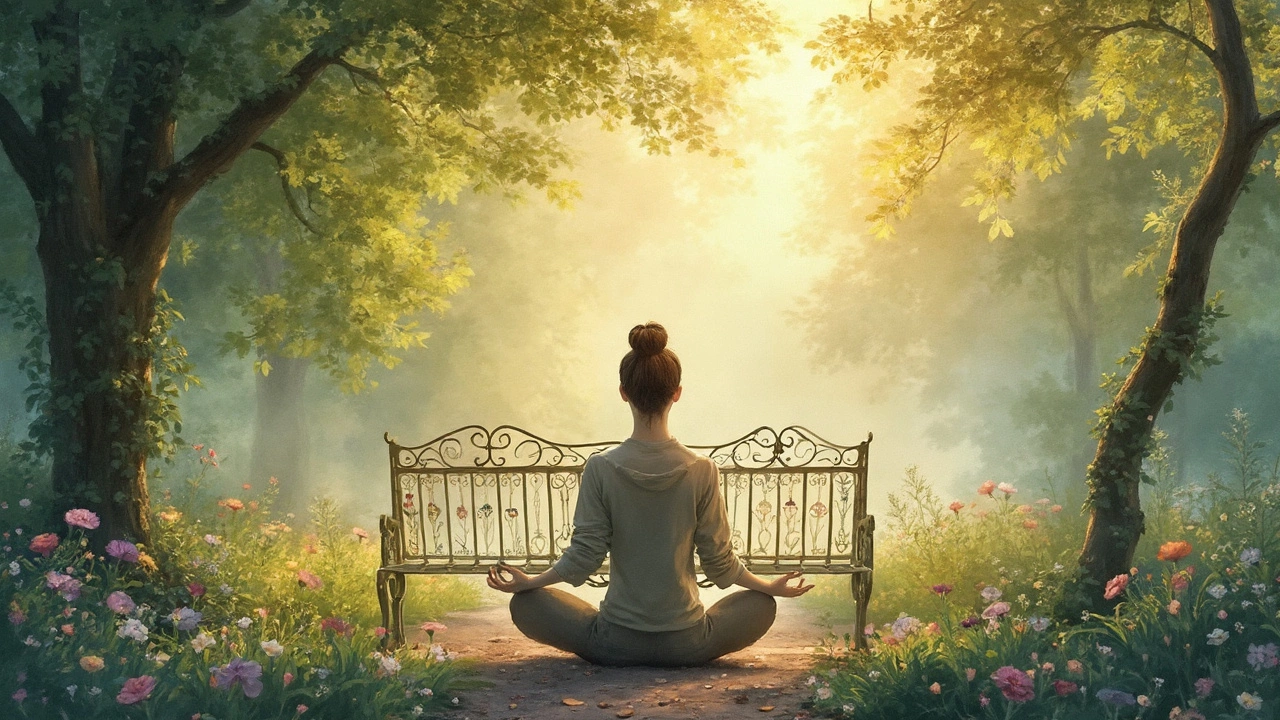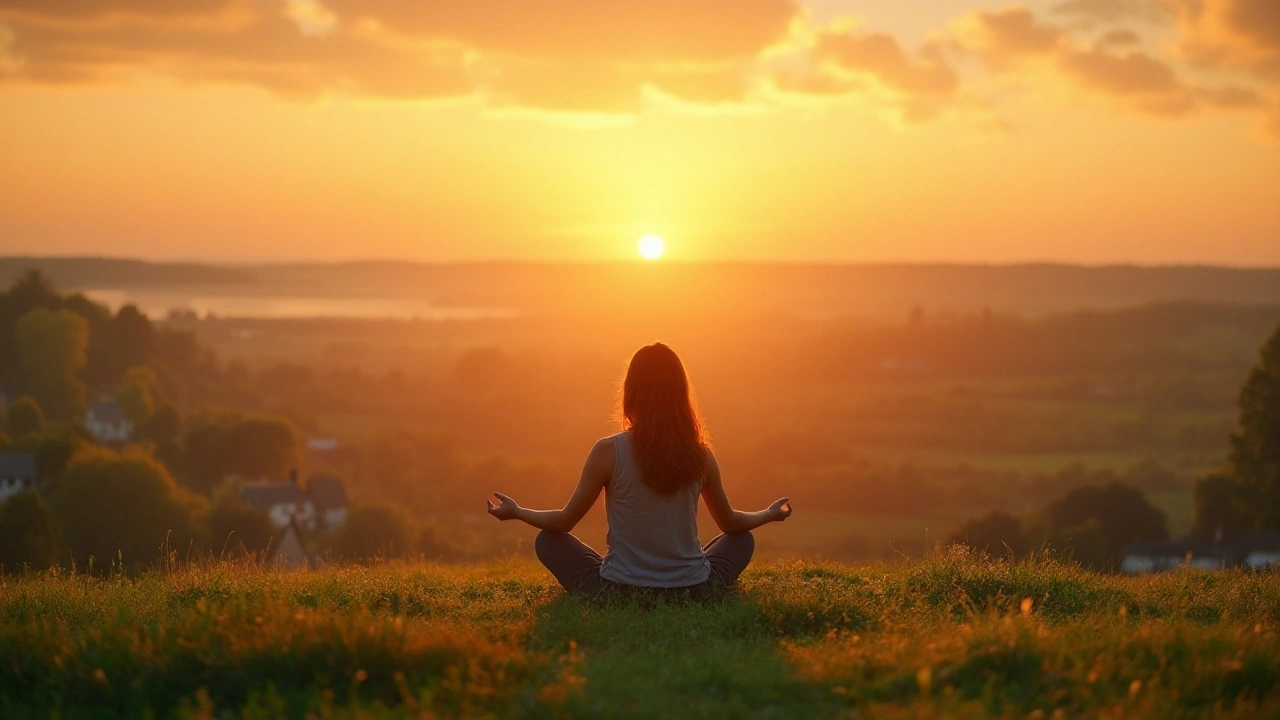Relaxation: Simple Ways to Feel Calm and Clear Your Mind
Feeling tense or overwhelmed? You’re not alone. Finding quick and effective ways to relax can make a huge difference to your day and wellbeing. Relaxation isn’t just about lying on the couch; it’s about techniques you can use anytime to calm your mind and body, lower stress, and feel better fast.
Easy Techniques to Relax Your Mind and Body
One of the simplest ways to relax is through your breath. Slow, deep breathing sends a signal to your brain that you’re safe, helping to drop your stress levels immediately. Try breathing in for four seconds, holding for four, and slowly breathing out for six seconds. Repeat this cycle a few times, and you’ll notice a calming effect.
Mindfulness is another powerful tool. It’s basically tuning into the present moment without judgment, which helps stop your thoughts from racing. This can be as easy as paying attention to the sensations while you wash your hands or feeling your feet on the ground as you walk. Apps and guided meditations can also help you build this habit.
If stress feels like it’s piled up, creative activities like drawing, dancing, or playing music might help more than you expect. Research shows creative arts therapies can reduce anxiety and boost your mood by giving your mind a different focus and outlet for expression.
Using Relaxation for Better Mental Health
Regular relaxation isn’t just a nice break—it supports your mental health over time. It can lower the risk of burnout, help with anxiety, and improve how you handle daily challenges. You don’t need fancy tools or hours of free time; even short mindful breaks and small self-care habits make a difference.
For example, taking a few minutes to pause and focus on pleasant smells like lavender or peppermint oils can reduce stress and uplift mood. This technique, called aromatherapy, is easy to do at home or the office. You can also try biofeedback devices that give real-time data on your heart rate or tension levels to help you learn your personal relaxation cues.
Finally, remember that relaxation techniques work best when you make them part of your routine. Find what fits your style—whether it’s morning meditation, a midday mindful walk, or creative expression—and keep it simple. Your brain and body will thank you for giving them regular moments of calm.
